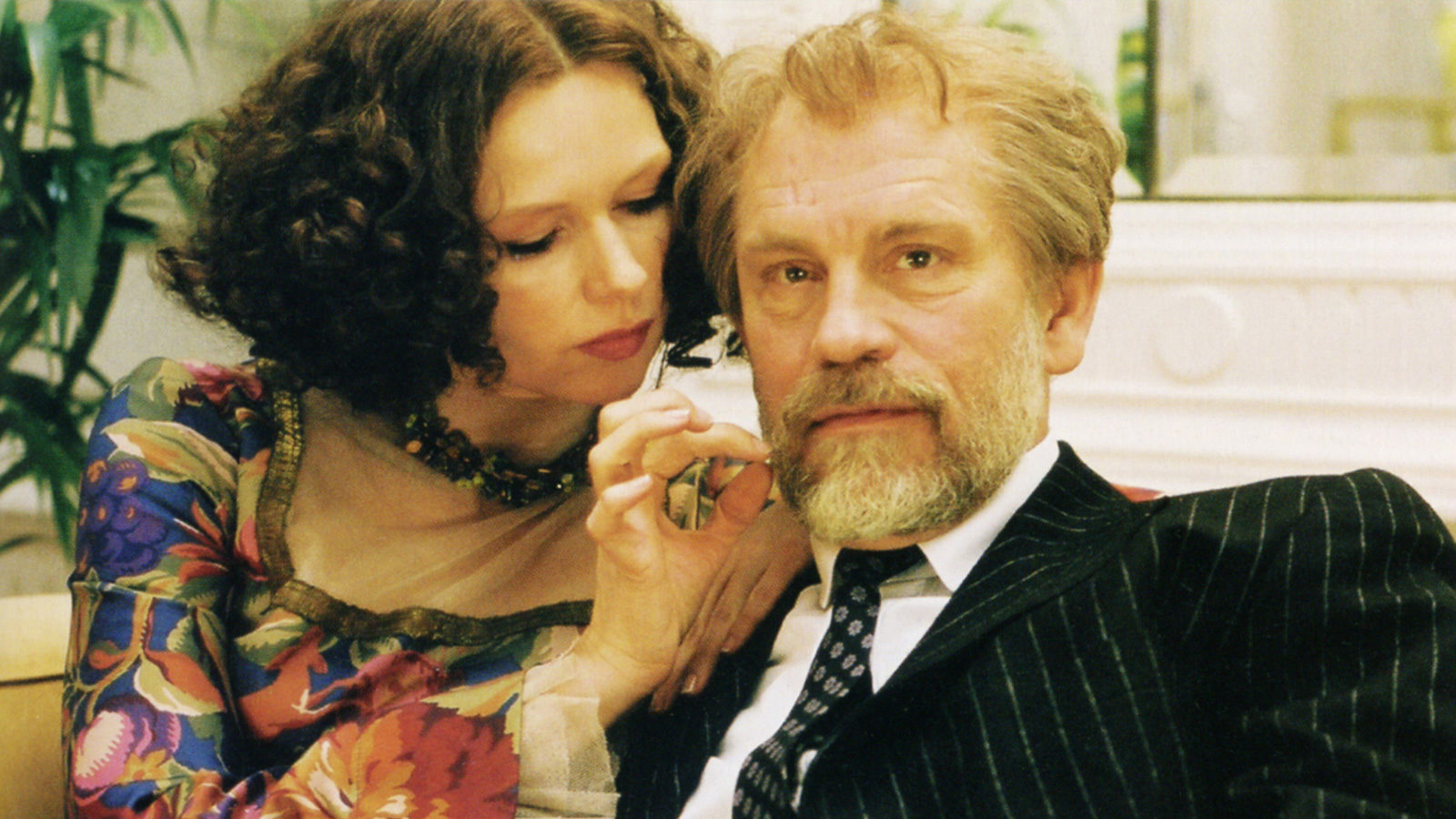Klimt

Described by Ruiz as “a fresco of real and imaginary characters revolving around a single point of focus,” Klimt is less the anticipated biopic of its namesake—the notorious 19th-century painter Gustav Klimt—than a deep dive into the lavisciousness of fin de siècle Vienna. The Méliès-influenced film refuses to hold its audience’s hand or draw easy parallels between the artist and his work: both John Malkovich’s Klimt and the movie itself are gripped by syphilitic hallucination, allowing the narrative to warp and detour as needed by Ruiz and his sprawling cast of collaborators (including Nikolai Kinski as an all-too-punk Egon Schiele and the great film critic Gilbert Adair, who adapted the screenplay into English). Through the swirl of bohemianism, Ruiz ekes out a sad acknowledgement of time’s unyielding passage—and a hearty check against decadence, the aesthetic most hated by Klimt and his contemporaries.






